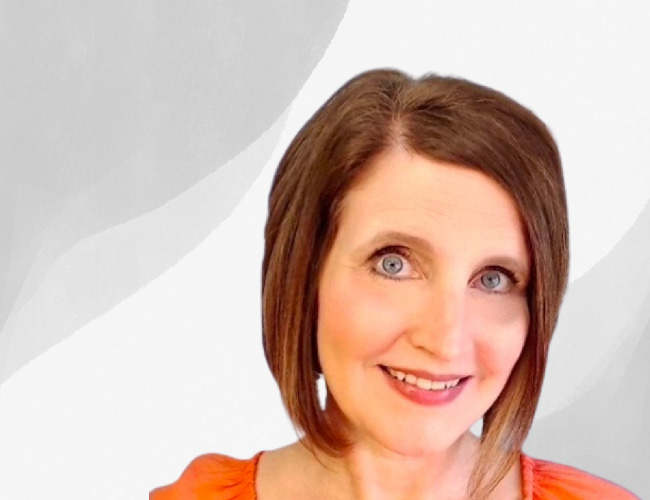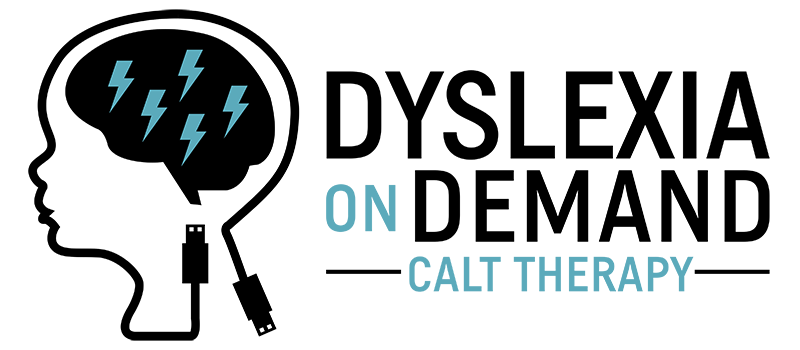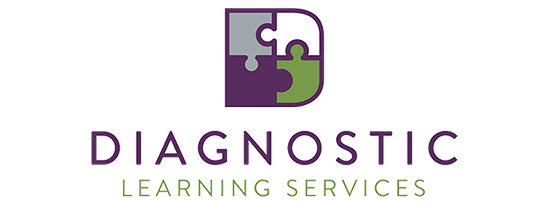Location: Mount Vernon, Texas
Education: MBA in Educational Administration – LeTourneau University; B.S. in Elementary Education – Texas A & M-Commerce
Years Experience Teaching: 21
Years Experience In Dyslexia: 7
Teaching Experience
I taught in the regular classroom for 14 years. For the past 7 years, I have specialized in dyslexia and served as the Program Coordinator and Dyslexia Therapist for my district. In 2021, I also started working part-time for Dyslexia on Demand. Since leaving public education in May 2022, I have become a full-time Dyslexia Therapist for Dyslexia on Demand.
Professional Affiliations
Academic Language Therapist Association – CALT
Texas Scottish Rite Hospital – Dyslexia Therapist
State of Texas – Licensed Dyslexia Therapist
Programs Trained In
Take Flight
Pre-Flight
Reading by Design
Age Range You Feel Most Comfortable With:
I feel comfortable with students of all ages. I have experience teaching students from Pre-K through early high school.
Why did you decide to become a CALT?
As a classroom teacher for fourteen years, I continually noticed bright, creative, witty students who struggled to read and write. Some worked twice as hard as other students with a determination to be successful no matter what. Others grew frustrated, lost all confidence in themselves, and wanted to give up. At that time dyslexia was not mentioned much in education. Now, we know that 1 in 5 students has dyslexia. I wanted to help build a program with my school district to help these students who too often had fallen through the educational cracks. After being chosen to train as a CALT, I was determined to bring dyslexia awareness and training to the educators I worked with. Over seven years, the dyslexia program went from 15 students to 131 students. I have since retired from public education, but I’m so proud of the success of the program I left behind. Becoming a CALT and teaching these amazing students was and still is my purpose as an educator.
Favorite moment working with dyslexic students?
One of my favorite moments was with a former student with dyslexia whom I taught in third and fourth grades. She is now in high school. Last year she sent me an email telling me how much dyslexia therapy had helped her and how well she was doing in school. She wanted to thank me for making a difference in her life all those years ago. I have that email hanging in my office and will cherish it always. Seeing the confidence and continued successes of my students and former students is why I love what I do!
Your goal when working with kids with dyslexia?
First and foremost, I want to cultivate a love for books and reading. I also want my students to learn to advocate for themselves. So many students begin therapy lacking confidence and doubting their intelligence. We build a new, stronger foundation together and turn the “I can’t” into “I can.” When we complete therapy, my students understand that they are bright, creative, and have unlimited possibilities. They also understand that they learn differently, and it’s okay to ask for what they need to be successful in the classroom. My goal is for them to leave dyslexia therapy as a confident reader, writer, and ready to take on the world.
Your teaching style, personality?
I try to make learning interesting and fun. I enjoy getting to know my students and learn what motivates them. We learn; we celebrate; we grow. Each student learns differently, and it’s my job to adjust my teaching to meet his/her individual needs. I want my students to look forward to therapy and leave each lesson saying, “I rocked it, today!”
Any family details?
I am married with two grown children and a precious granddaughter. In our spare time, my husband and I help run a cat rescue in our area. We also foster cats and kittens. Our house is often like a zoo, but we wouldn’t have it any other way. 🙂
Any extra anecdotal info you want to add?
One of my favorite quotes about dyslexia:
“Dyslexic kids are creative, ‘outside the box’ thinkers. They have to be, because they don’t see or solve problems the same way other kids do. It’s not a bad thing to be different. Sometimes it’s the mark of being very, very talented.” – Rick Riordan (author of the Percy Jackson book series)





